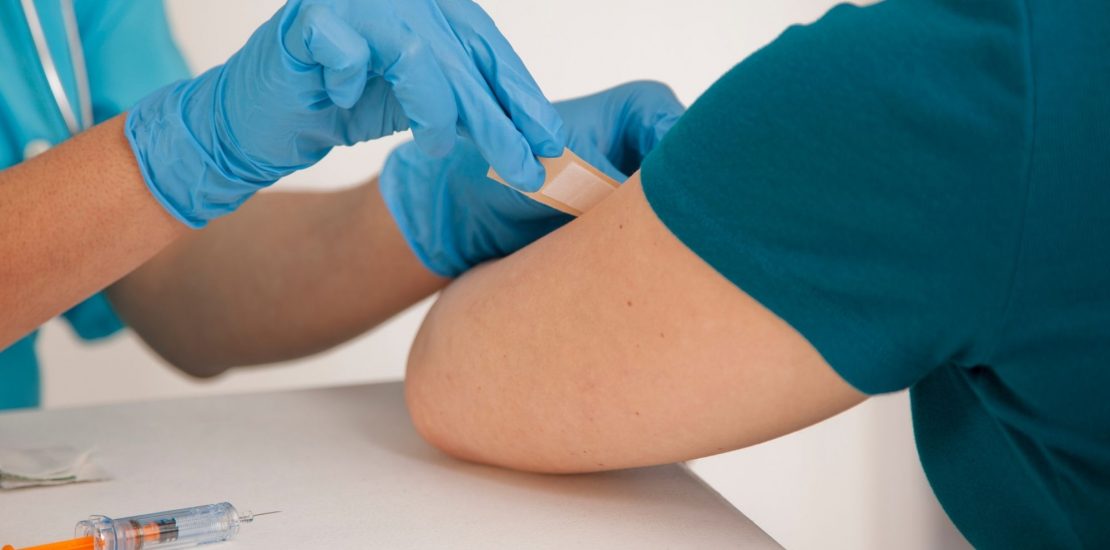- December 11, 2020
- Posted by: Covelo Group
- Categories: Hospital Trends, ZOE Feed

December is the most wonderful time of year when America celebrates… National Influenza Vaccination Week (NIVW), of course!
The CDC observes NIVW the first full week of December (Dec 6-12) to remind everyone over the age of six months that December is not too late to benefit from getting a flu vaccine. Vaccination is particularly important for people with asthma, diabetes, and heart disease, all of which contribute to a heightened risk of hospitalization from a flu infection.
Flu season typically starts in October, with flu activity ticking up in December, and sometimes stretching into the month of May. Although the peak of flu season varies from year to year, it frequently happens around the month of February. So, a December vaccination can still protect you for many months, including during peak season.
Flu Vaccines and COVID-19
Early research published in October 2020 indicates the flu vaccine could actually reduce the risk of serious COVID-19 complications. The data showed that those who received a flu vaccine during the 2019-2020 flu season were 39 percent less likely to test positive for COVID-19 as of June 2020.
While this connection is not yet fully understood, researchers believe it’s possible that the flu vaccine could trigger the body to produce broad infection-fighting molecules that combat the novel coronavirus.
What we do know for sure is that the flu vaccine will greatly reduce the risk of infection and hospitalization due to influenza, which frees up healthcare workers to treat COVID-19 patients. This year, it’s more important than ever to save medical resources for those who need it most.
Healthcare Workers Need a Flu Vaccine
Everyone has an important role to play this flu season, especially healthcare workers. The CDC, the Advisory Committee on Immunization Practices (ACIP), and the Healthcare Infection Control Practices Advisory Committee (HICPAC) all recommend that all U.S. healthcare workers get vaccinated annually against influenza.
Last flu season, approximately 80 percent of healthcare workers received the flu vaccine, which was within the normal range of previous years. As many hospitals require healthcare providers to get an annual flu shot, the number was higher for those who work in hospitals: about 93 percent.
Once you catch the flu, you risk spreading it to others, even before you feel symptomatic. For this reason, the responsibility of getting the flu vaccine is not limited to those who provide direct patient care. All hospital staff – from pharmacists and laboratory personnel to janitors and food services workers – should protect themselves and others by getting the vaccine.
At Covelo Group, we encourage all our healthcare staff to get the flu vaccine this year. If we all do our part, we can reduce the spread of the flu, and help save lives during the pandemic. Visit CoveloGroup.com for more information.
